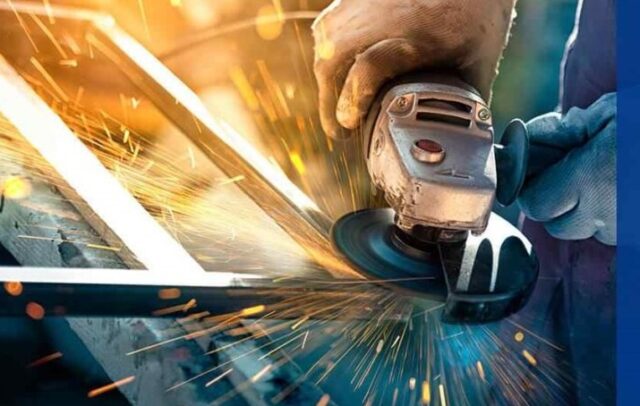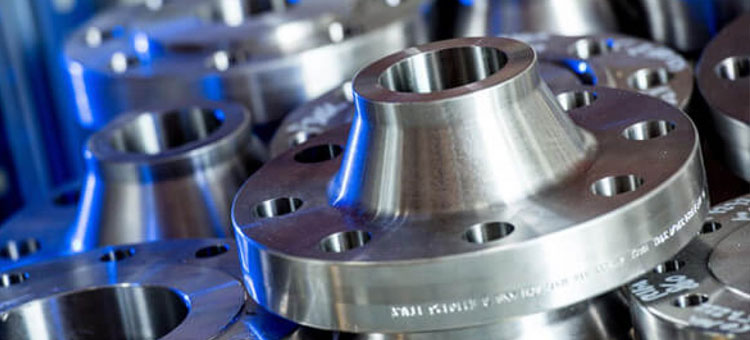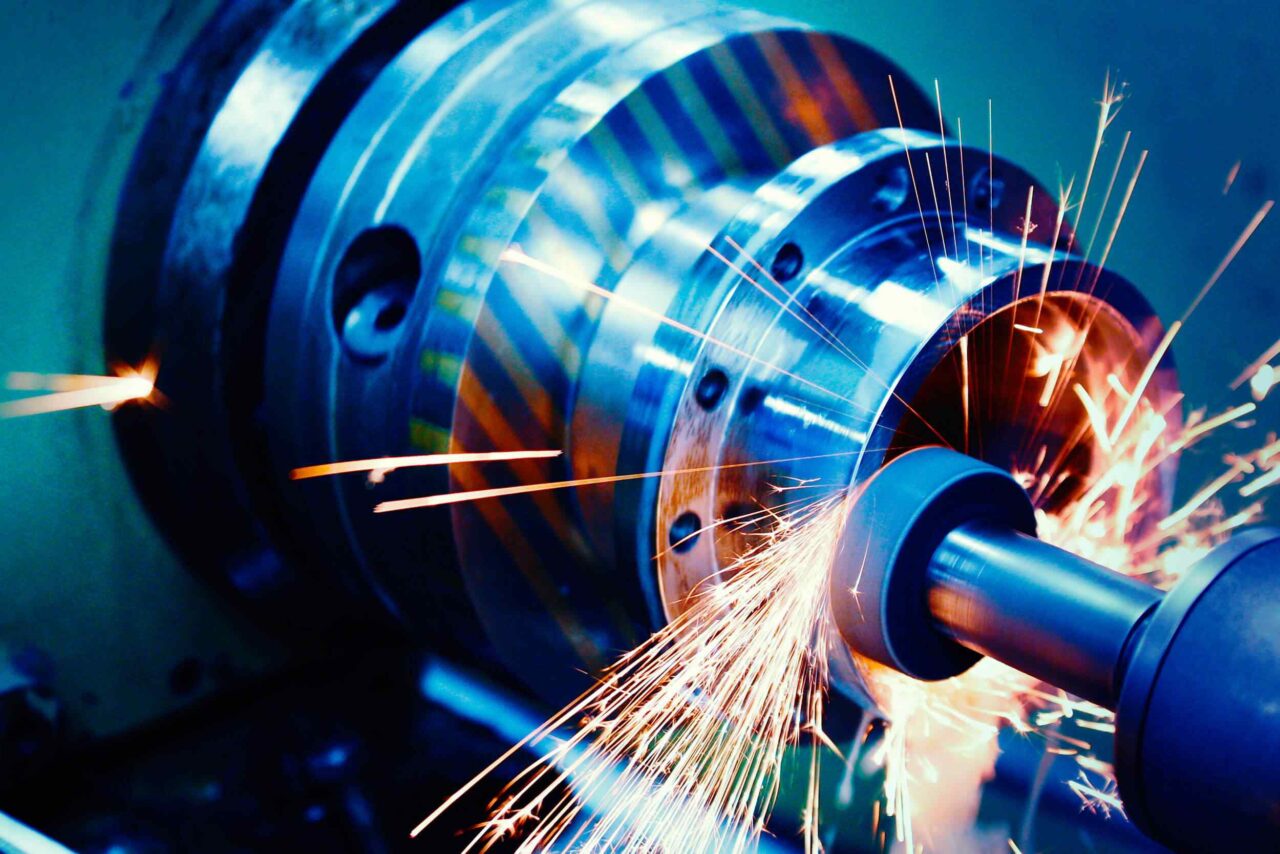
Royal Steel India manufacture products using exceptional quality raw materials such as plates, forgings and Rounds, the assortment of industrial products is offered in varied sizes, shapes and surface finish. We promote commercial arrangements that are aligned to our customers’ needs, allowing us to deliver more value to the customer while increasing the returns from our most precious asset – our people.
Royal Steel India: Flanges Pipes & Fittings Manufacturer
The application of our products is in varied industries namely Oil and Gas, Marine Equipment’s, Pharmaceuticals, Sugar, Food and Beverages, Cement, Steel, Fertilizers Plants, Petrochemicals Plants and so on.
Business Excellence
Integrity, Ownership & Sense of Belonging
Responsibility and Ethical business practices
Complete Customer Satisfaction

Established in 1999, Royal Steel India is one of the Leading Manufacturers, Suppliers and Exporters of a comprehensive range of Flanges and Pipe Fittings products.

We strive to be the best in our industry.
We care about our customers.
We do our absolute best to honor our commitments.
We strive to always act with integrity and fairness
Designing, building and testing with highest quality
Our company motto has helped us keep our clients and develop new clients and will continue to do. We also motto to provide quality products at reasonable price as per schedule and maintain good relationship with the best people in steel business.
Our vision is to provide the quality products to domestic and international markets creating accord through trustful business relationship. To be known more for our quality of products and excellent service.

INDIA’S LEADING MANUFACTURER, STOCKIST & SUPPLIERS OF MS, CS, SS FLANGES, PIPES & PIPES FITTINGS




Product

Applications

| Working hours | |
|---|---|
| Monday | 8AM - 8PM |
| Tuesday | 8AM - 8PM |
| Wednesday | 8AM - 8PM |
| Thursday | 8AM - 8PM |
| Friday | 8AM - 8PM |
| Saturday | 8AM - 8PM |
| Sunday | 8AM - 8PM |